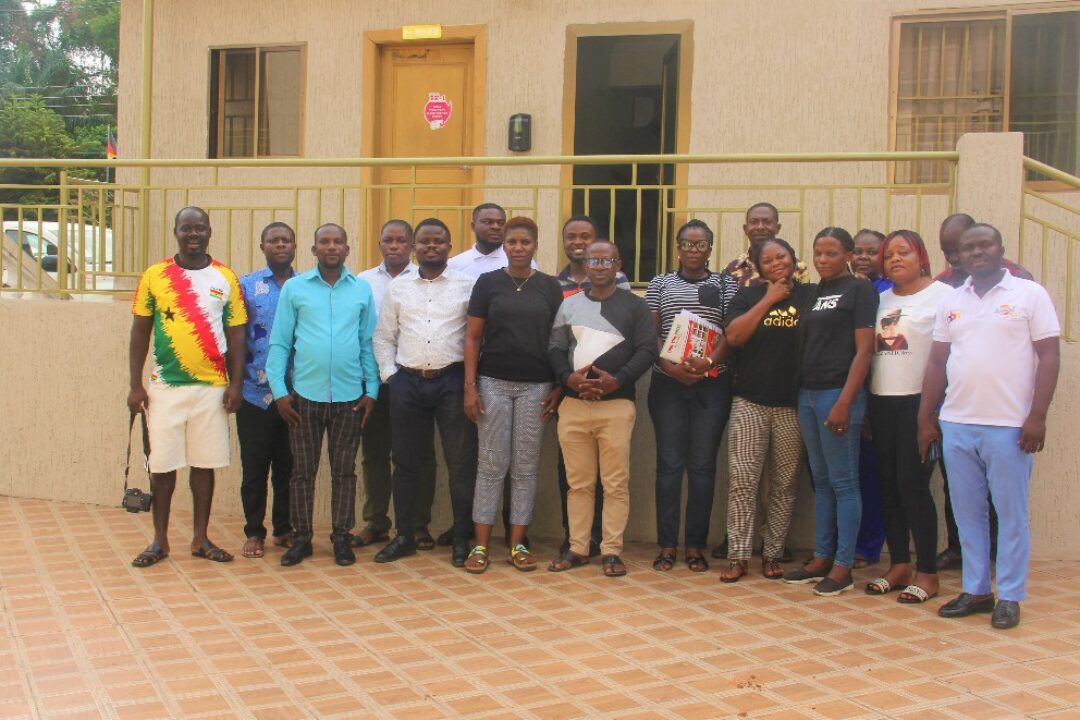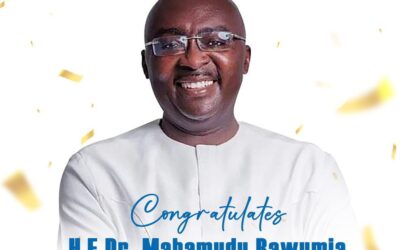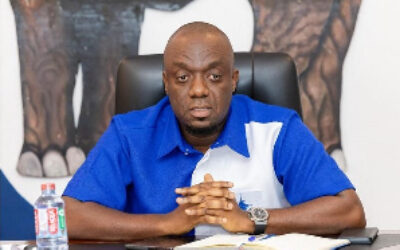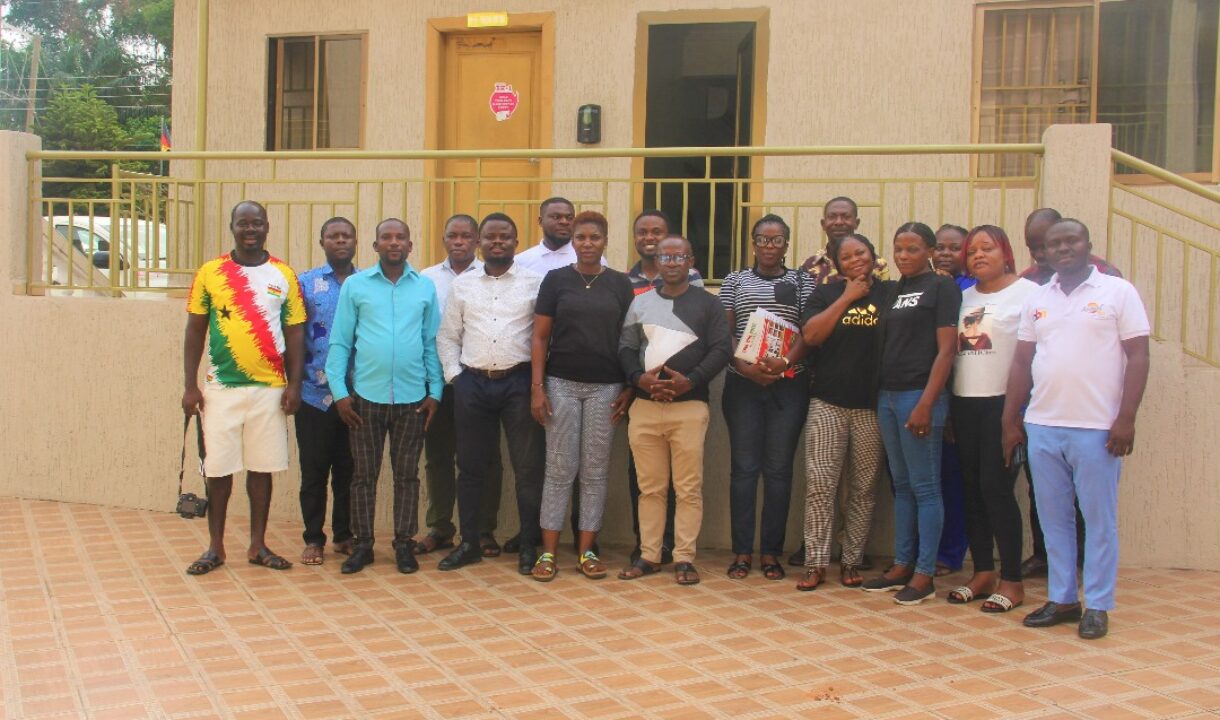By: Isaac Amoah
Rainforest Alliance, a renowned non-governmental organisation (NGO), in partnership with the International Cocoa Initiative (ICI) and Solidaridad, has held a five-day sensitisation training as part of the implementation of a project dubbed: “Tackling forced and child labour in Ghanaian cocoa and goldmining”, with funding from the Norwegian Agency for Development (NORAD) Cooperation.
The intensive Training of Trainers (ToT) workshop held from 3rd to 8th March 2024 at True Vine Hotel in Kumasi was attended by selected news editors and senior reporters specialised in agric and mining reporting across the country.


Most of the Participants were also members of a vibrant Ghana Agricultural & Rural Development Journalists Association (GARDJA) led by Mr. Richard Frimpong, the President of the Association.

Participants and Facilitatators in a group picture
The project, among other things, seeks to deepen the knowledge and understanding of journalists, companies, gold mining and farmer associations, cooperatives, civil society and government social protection service providers and also take steps to minimise child and forced labour in their operational areas.



As part of the process, a consulting team was contracted to undertake research on Human Rights Due Diligence (HRDD) practices within Ghana’s cocoa and gold sectors to better understand current models, strengths, weaknesses, gaps and opportunities.
The outcome of the report supported by feedback from relevant government and private stakeholders culminated in the development of a draft HRDD tool which has been piloted and validated.
To scale up usage of the tool, its rollout has been planned to support stakeholders in the gold and mining sector to prevent, identify, address and monitor child labour, forced labour and other human rights-related issues.
The key facilitators were: Madam Suzan Yemidi – consultant and Basit Lawal – consultant, with the support of
Joyce Poku Marboah, Senior Project Manager, Child and Forced Labour, Rainforest Alliance.
According to the organisers, the five-day ToT was aimed at deepening the knowledge and understanding of professionals in journalism in agriculture.
The participants were taken through topics such as: human rights issues in the cocoa and gold sectors of Ghana, child labour and forced labour, gender equality issues in the cocoa sector and gold sectors.
Other topics were: Introduction to the GS-HRDD Toolkit, Introduction to Risk Assessment and Mitigation, Introduction to Grievance, Grievance Mechanism, Remediation, Monitoring and Communication.
The facilitators revealed that
the initiative was to assist the media and other participants on how to navigate and apply the gender-sensitive Human Rights Due Diligence Toolkit with the farmer cooperative or gold mining associations at community level.
They announced that similar training sessions had also been organised for several stakeholders, including farmer groups and associations, NGOs and civil society organisations (CSOs) on child labour issues, etc.
The beneficiaries of the various training sessions, especially farmers, had been educated on how they could engage their children and dependants to help on farmlands, by giving them light work that could not be considered as child labour and forced labour.
Madam Suzan Yemidi – consultant and Basit Lawal –
Both organisers and facilitators, therefore, rallied the support of the media to use their media space to provide the needed education to help eliminate child and forced labour as well as gender discrimination in workplaces, especially in the cocoa and mining sectors.
Mr. Richmond Frimpong, the President of GARDJA, commended Rainforest Alliance and its partners for the training for their members.
According to him, GARDJA was committed to partnering and collaborating with all relevant stakeholders to promote the agricultural sector.
He also urged participants to put to good use the knowledge acquired and train their colleagues and reporters on right reporting on child labour and forced labour.
A cross-section of participants, who spoke to this paper, described the five-day training session as an eye-opener and a challenge for them to do more. They also praised the organisers and facilitators for the insightful engagement.


















